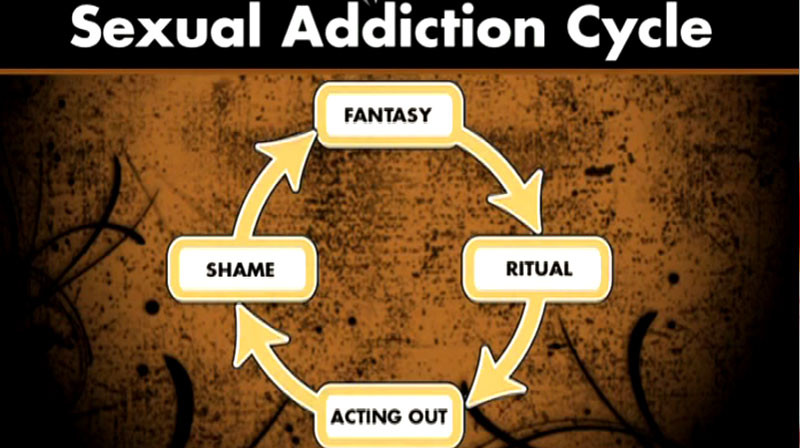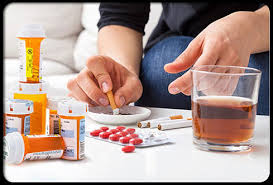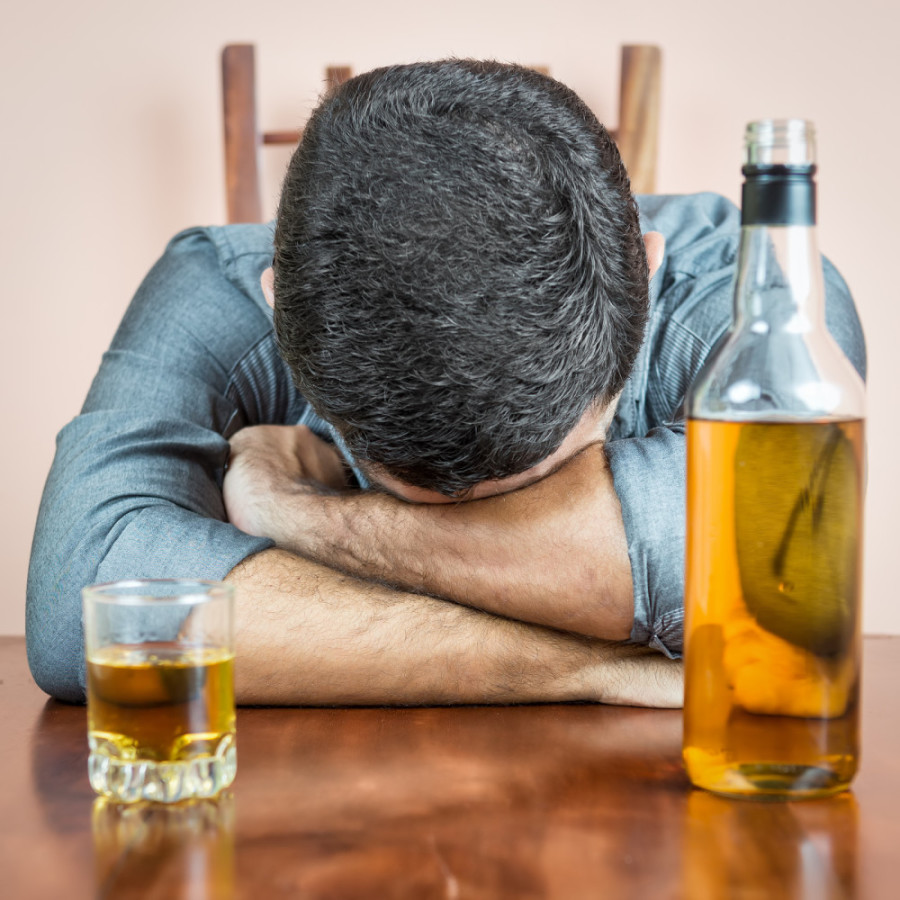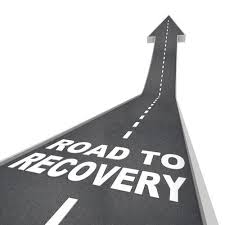Choosing behavior therapy objectively

Choosing behavior therapy objectively for the whole family to heal the addicted brain
Choosing behavior therapy objectively: Types of behavior therapy
Upon overcoming denial, the next step is finding solutions. That is when choosing behavior therapy objectively for addiction treatment sets in. this is of great significance. According to doctor Dalal Akoury MD President and founder of AWAREmed health and wellness resource center, there are a variety of different behavior therapies that can help any individual in dealing with addiction. Some of these may include:
- Overt sensitization involves pairing maladaptive behavior with undesirable consequences. A good example of this would be the drug Ant abuse which is given to alcoholics to encourage them to stop drinking. If they touch alcohol while taking this drug it will make them very sick. Electrical shocks can also be used and this method may involve less risk than Ant abuse.
- Covert sensitization is another type of aversion therapy. Here there is no attempt to pair an actual negative consequence with the behavior, but instead, the individual just mentally pictures a negative consequence.
- Cognitive-Behavioral Therapy works by helping the client understand their thoughts and emotions. The point here is that the individual addict will come to the realization that even though they may not always be able to control what happens in the outside world, they will be able to be in charge or take control of their thoughts and feelings about it.
- A token economy is where the individual receives rewards for good behavior. This is usually in the form of tokens which they can later exchange for items or privileges.
- Motivational interviewing involves challenging and encouraging the addict to take action to change their behavior. The client is encouraged to gain a deeper understanding of their addiction, and the means by which they can escape.
Choosing behavior therapy objectively: Behavior therapy techniques
There are a variety of techniques that the behavior therapist can use. Doctor Akoury emphasis is that the usefulness of these activities can increase the patient’s understanding of their present circumstances and get motivated into adopting new behaviors. Some of this useful behavior therapy techniques are:
Engagement – this can be done by assigning certain roles to the patients to allow them to improve their understanding of social interactions and alter their behavior in response to this problem. Like for instance, this could be applied in the development of skills that will enable alcoholics to decline to take a drink when offered.
Behavior modification – this is where the client is appreciated by way of giving a reward for desirable behavior.
Self-monitoring – this is where the individual details their actions in a journal throughout the day. This journal is then shared with the therapist. A good example of this would be the client who is asked to record how much they are drinking.
Scheduling of activities – this involves the client agreeing to take part in certain activities before the next session. These activities will be of a positive nature where the individual will be encouraged to change their normal behaviors.
Behavior contracts – this is very interesting and it involves the individual making a commitment by way of signing a contract not to engage in the undesirable activity again. The contract will have some attached consequences if there is any breach. The consequences may include losing certain benefit which is usually detailed as incentives for sticking to the terms of the contract. Finally, nurturing behavior to defeat addiction is not easy and that is why we have the experts from AWAREmed Health and Wellness Resource Center to help you out in the case of any difficulties. You can call doctor Dalal Akoury to schedule an appointment with her and all your pending concerns will be addressed professionally.
Choosing behavior therapy objectively: Types of behavior therapy
http://www.integrativeaddictionconference.com/wp-admin







